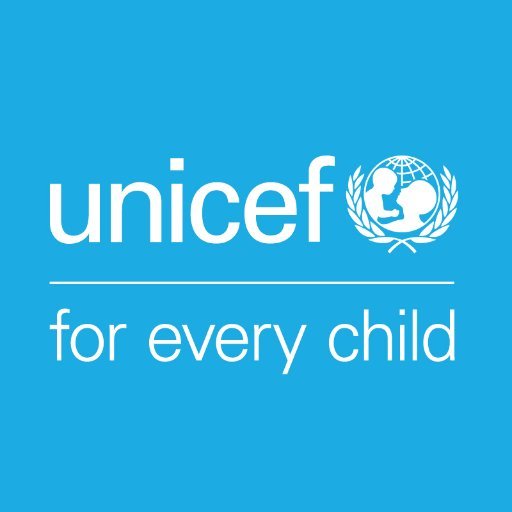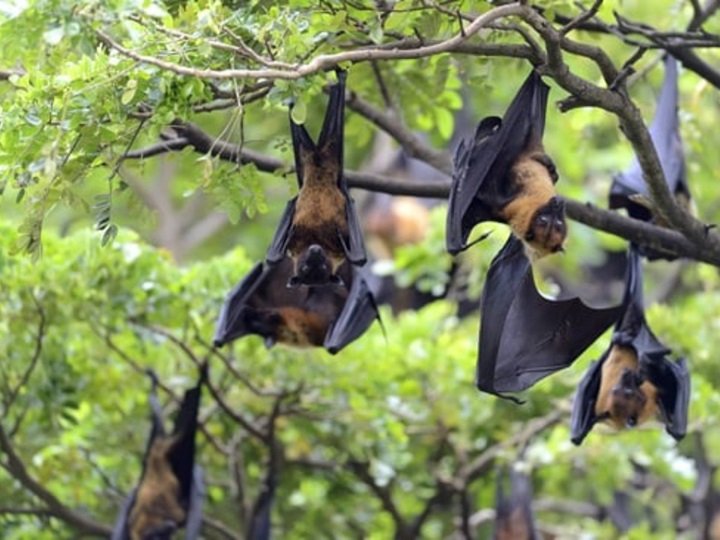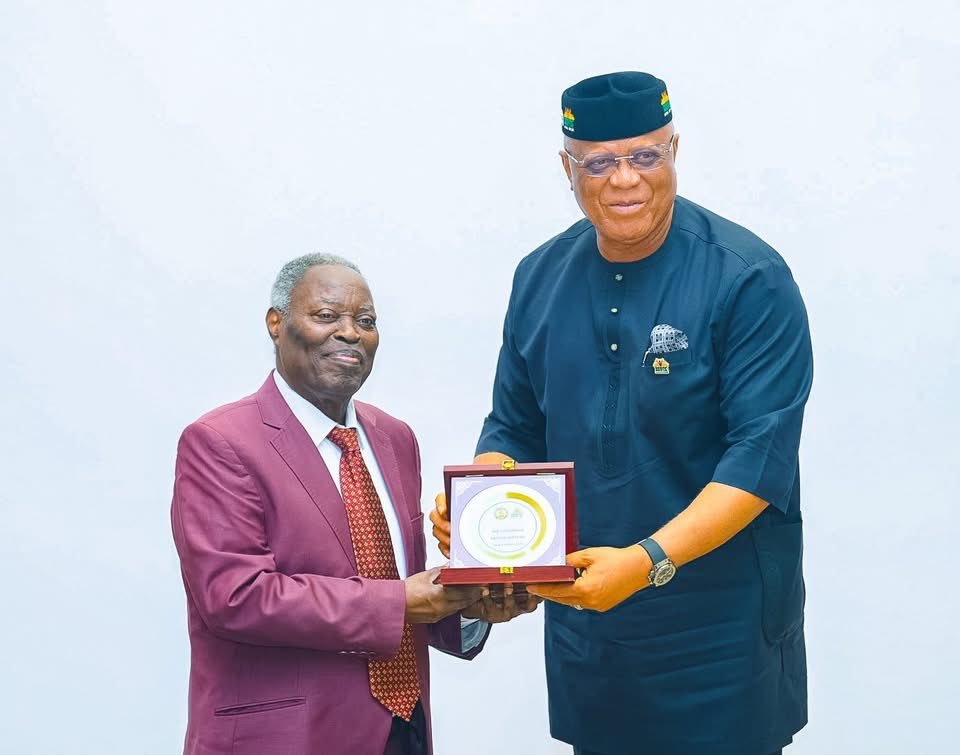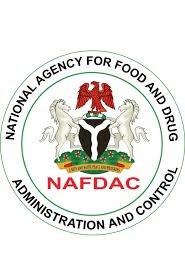UNICEF RAISES ALARM OVER SURGING MEASLES CASES WORLDWIDE

The United Nations Children’s Fund (UNICEF) is sounding the alarm over a sharp global rise in measles cases, putting millions of children at risk, calling for urgent action to close vaccination gaps and prevent unnecessary deaths.
UNICEF revealed that in the past five years alone, more than 100 countries— home to nearly three-quarters of the world’s children— have reported outbreaks of this entirely preventable disease, while describing such as a “worrying trend” in global public health.
“No child should suffer or die from a disease we know how to prevent,” UNICEF said in a statement on its official website, noting how the disease was driven largely by declining vaccination rates, inequities in access to healthcare, and challenges in vaccine distribution, especially in remote or underserved areas.
A DISEASE WITH DEVASTATING CONSEQUENCES
Measles is one of the most contagious viruses known to humanity. It spreads through the air when infected individuals breathe, cough or sneeze— often before they even know they are sick. Once exposed, 90% of non-immune individuals become infected.
But measles is not just highly infectious, it can also be deadly, particularly for children under five and those who are malnourished. UNICEF highlights that measles kills nearly 300 people every day, or 12 every hour, the vast majority of them children.
Even survivors may face lifelong complications, including pneumonia, blindness, brain damage (encephalitis), or a weakened immune system— a condition known as “immune amnesia” that makes children vulnerable to other infections long after recovering.
VACCINES WORK— BUT COVERAGE IS FALLING SHORT
Measles vaccines are a proven, safe and effective solution. Two doses provide 99% lifetime protection. Since 1974, these vaccines have saved an estimated 94 million lives, more than any other vaccine in the World Health Organization’s Expanded Programme on Immunization.
Despite this success, too many children remain unvaccinated. UNICEF reports that global vaccination coverage stands at 83% for the first dose, and just 74% for the second— well below the 95% threshold needed to prevent outbreaks.
The gap is most acute in vulnerable, marginalized communities, where poverty, misinformation, and weak health systems prevent children from accessing life-saving immunizations.
INNOVATION FOR IMPACT: THE CASE FOR FIVE-DOSE VIALS
A simple logistical change could make a big difference: switching from ten-dose to five-dose vaccine vials. Currently, once a ten-dose vial is opened, unused doses expire within hours and must be discarded. This waste discourages health workers from opening vials unless a group of children is present, leading to missed vaccination opportunities.
By using smaller vials, UNICEF argues, health workers can vaccinate children more flexibly, efficiently, and without fear of wasting doses— boosting coverage in hard-to-reach communities.
UNICEF’S LIFESAVING MISSION
As the world’s largest buyer of vaccines, UNICEF delivers around 250 million measles-containing vaccine doses every year, reaching children in more than 90 countries, including those affected by conflict, displacement, and natural disasters.
UNICEF is a founding member of the Measles and Rubella Partnership, working alongside WHO, the CDC, the United Nations Foundation, and the American Red Cross to drive global efforts to eliminate measles and rubella.
The organization stresses that the solution is within reach: continued investment in immunization programs, community education, and equitable vaccine access can eliminate measles deaths worldwide.
A GLOBAL CALL TO ACTION
The resurgence of measles is not just a health issue— it’s a call to uphold children’s rights to health, safety, and survival. With timely vaccines, stronger health systems, and collective will, measles can be beaten, and millions of young lives can be saved.









